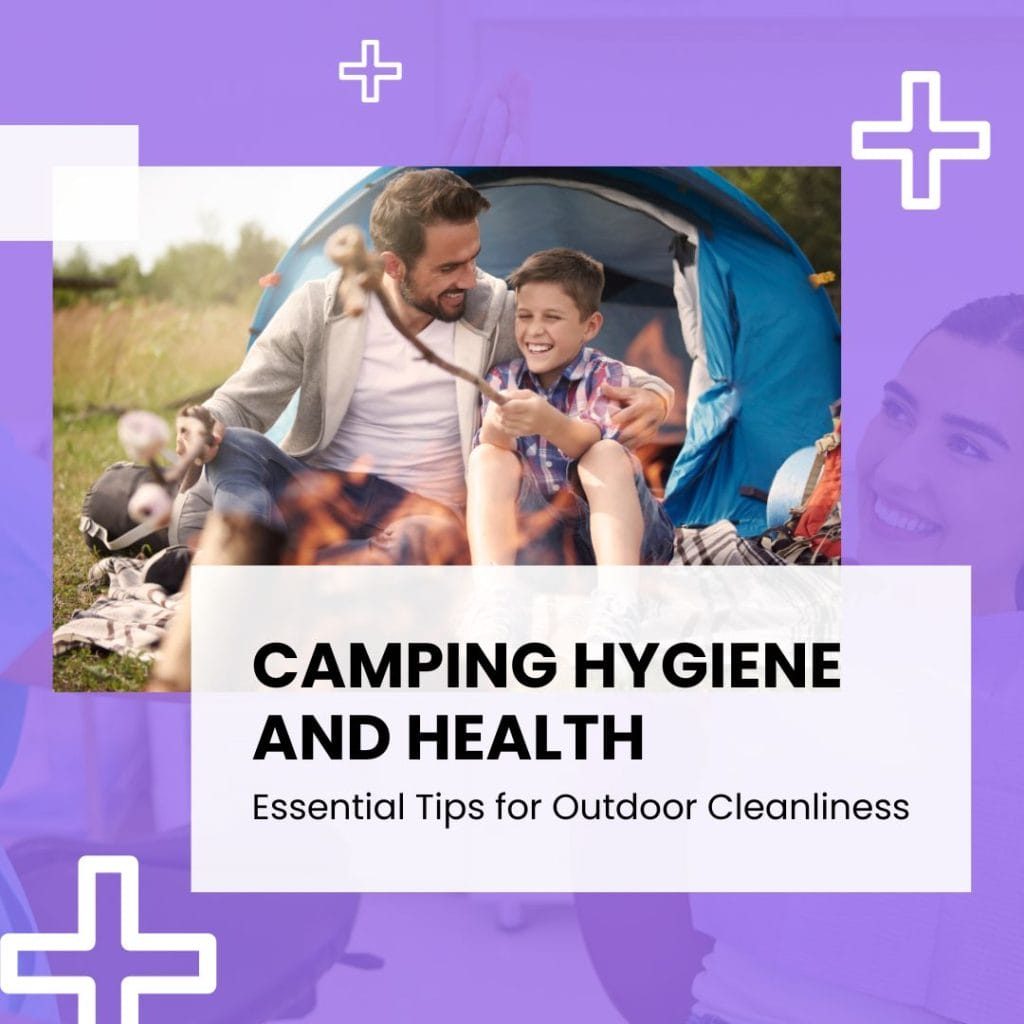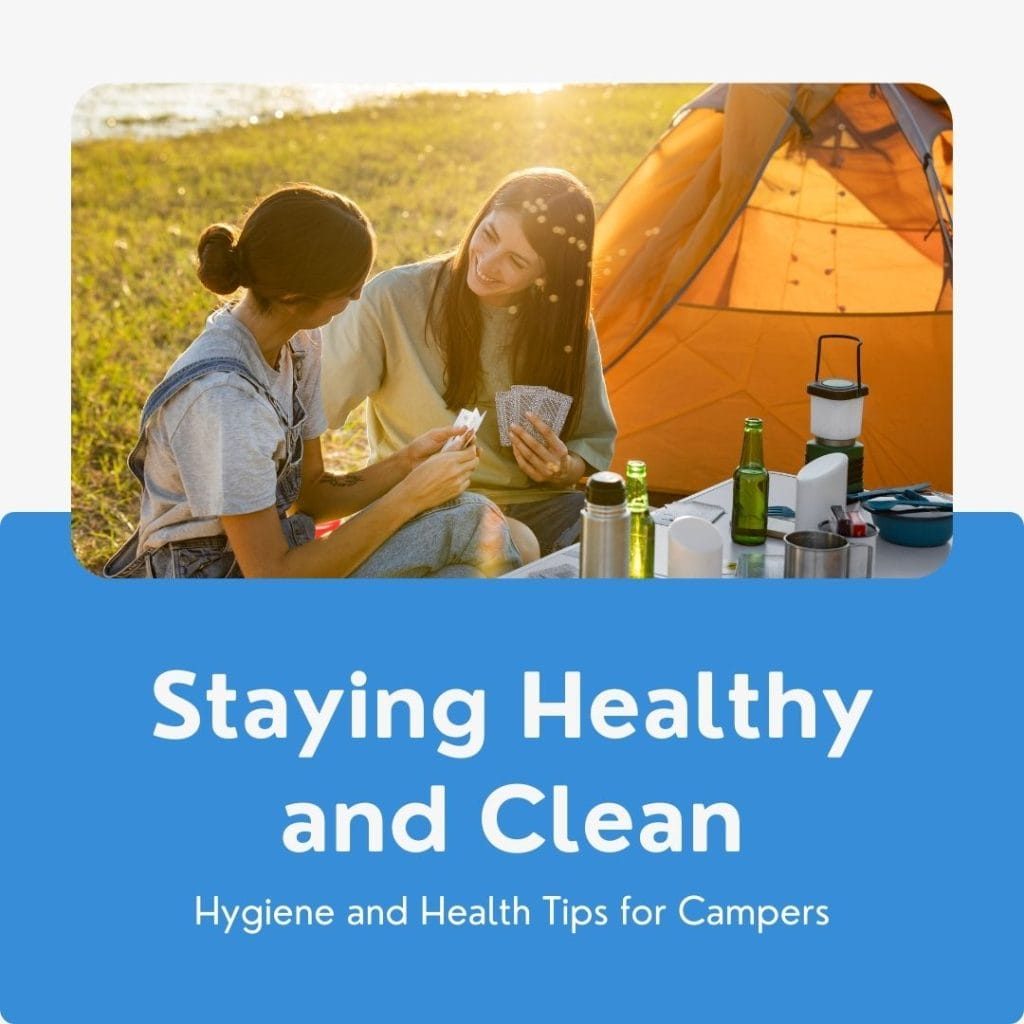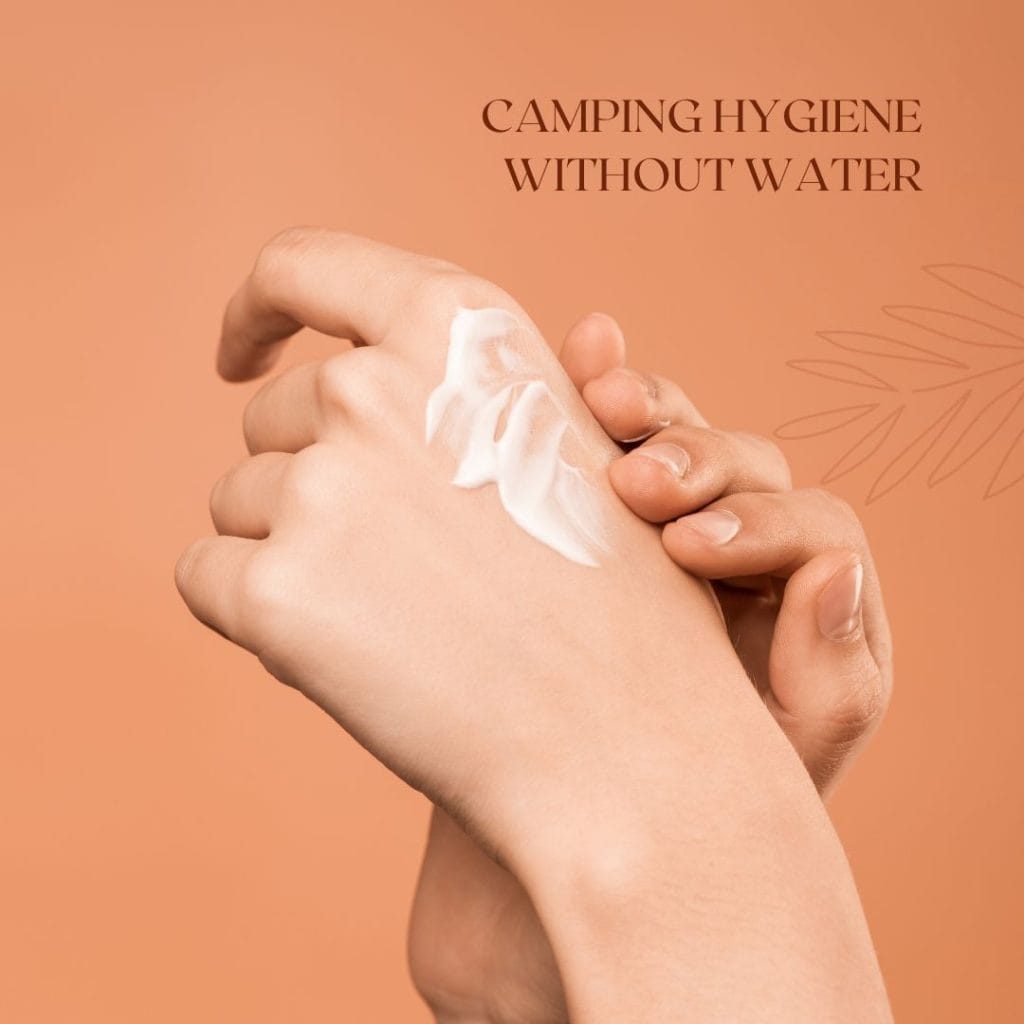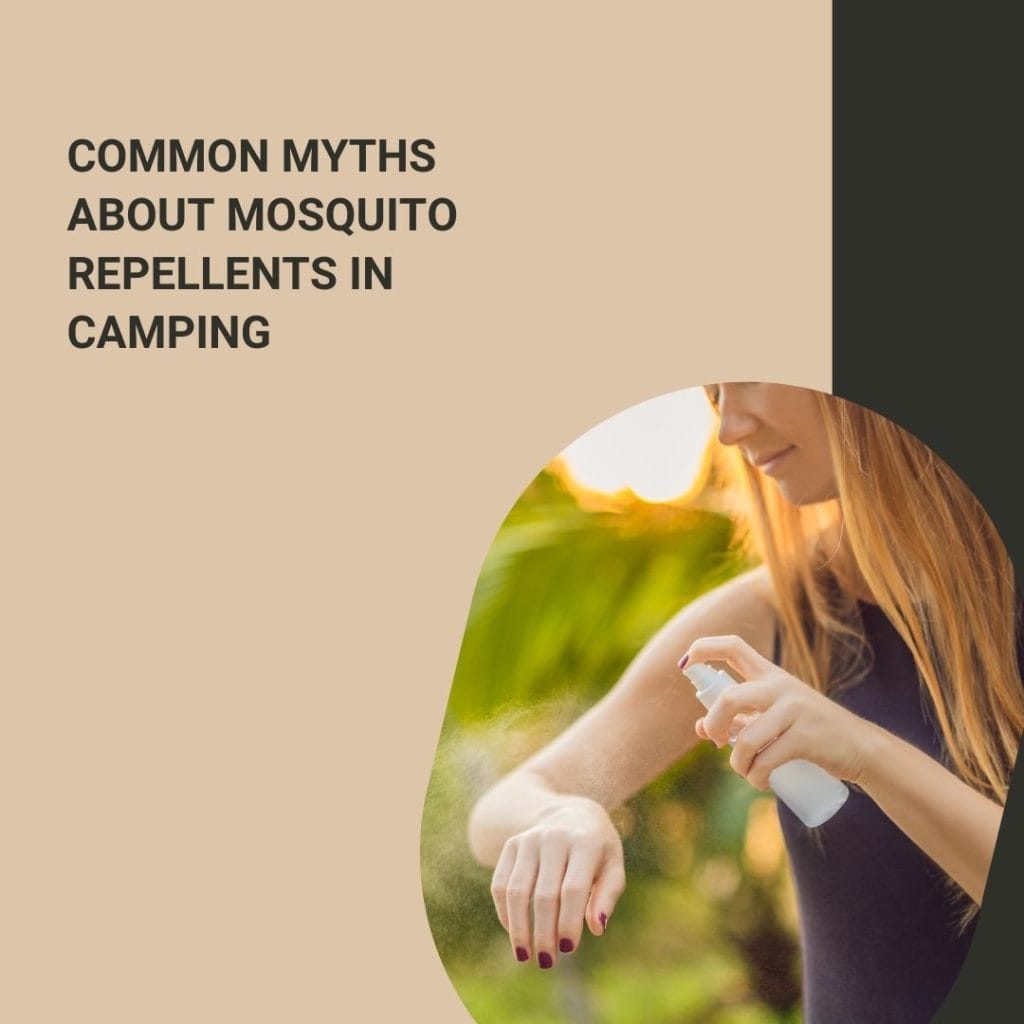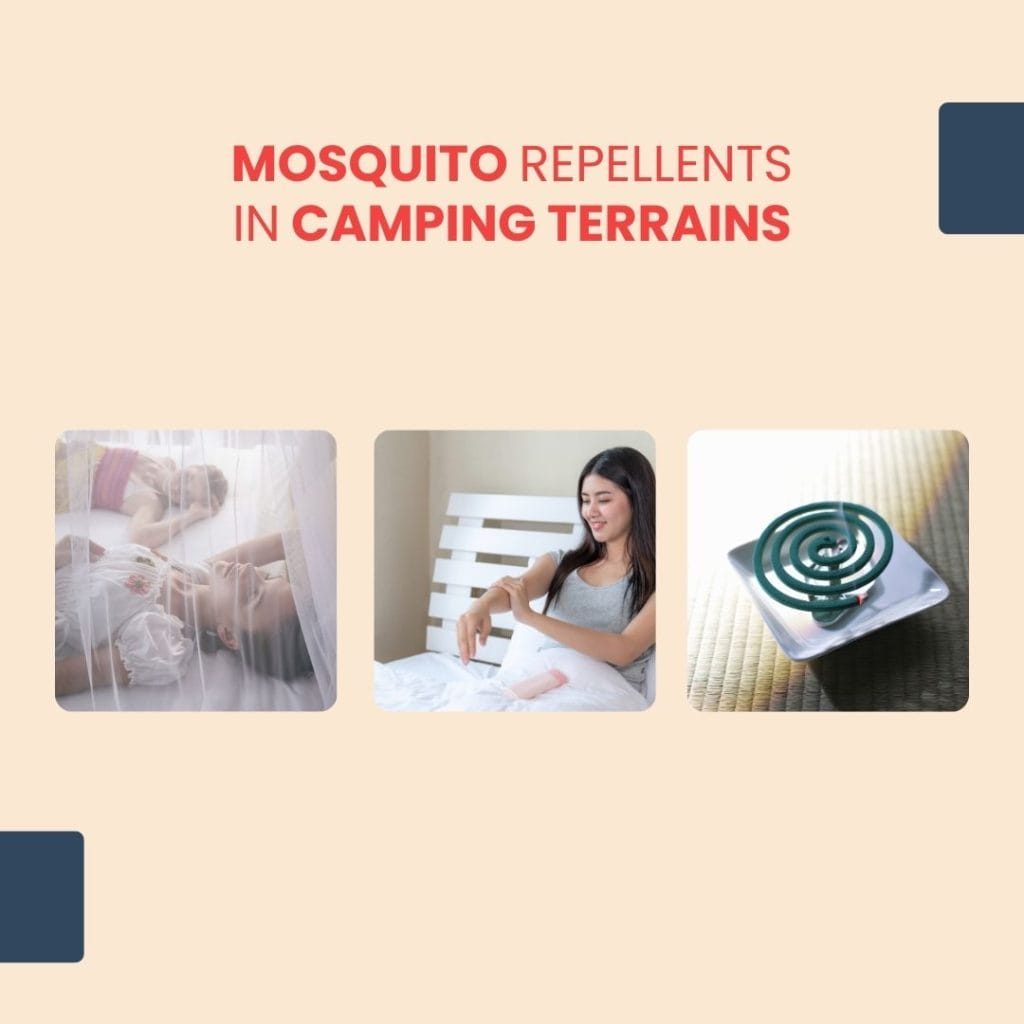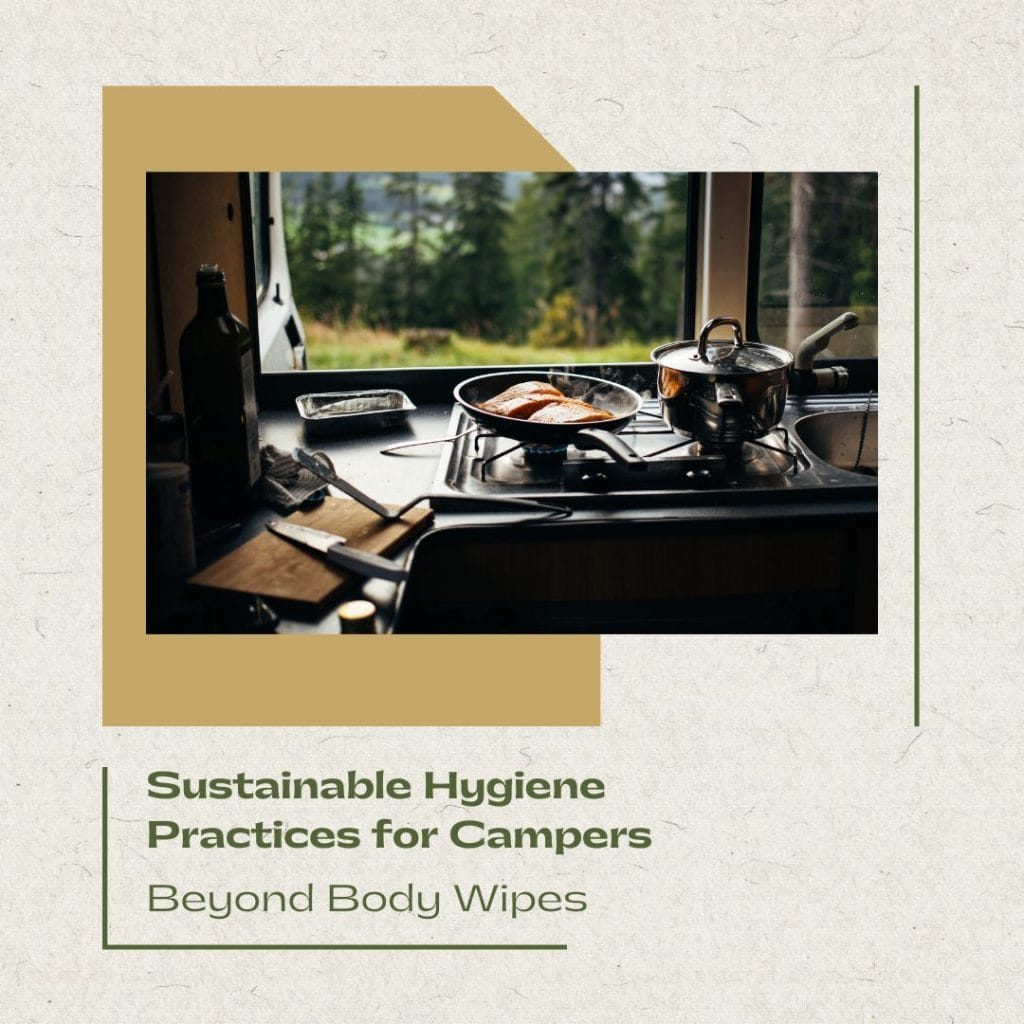Camping is a cherished pastime for many, bringing us closer to nature’s tranquil beauty. However, it’s essential to adhere to Eco-Friendly Camping Hygiene practices to preserve the environment we love. This guide will provide indispensable advice on maintaining cleanliness while minimizing your camping excursion’s ecological footprint.
Adopting Eco-Friendly Hygiene Practices While Camping
Personal hygiene unquestionably plays a pivotal role in our overall well-being. Nonetheless, adhering to our usual hygiene routine becomes a challenging task when we are out in the wilderness. I recall my initial overnight camping experience with a distinct sense of trepidation regarding backcountry waste management. Looking back, these fears now seem amusing, as maintaining hygiene outdoors becomes straightforward once you’ve grasped the essentials. This article aims to equip you with everything you need to understand about eco-friendly outdoor hygiene techniques. We’ll guide you on how to implement these practices, all while adhering to the Leave No Trace principles.
ECO-FRIENDLY OUTDOOR HYGIENE TIPS FOR EVERY HIKER AND CAMPER
When camping or hiking, ensure you use biodegradable, environmentally-friendly hygiene products. Regular soap or body wash can harm the natural ecosystem, so opt for alternatives that will decompose naturally without causing harm.
Remember the golden rule: what you bring in, you must take out. This applies to all waste materials, including sanitary products, tissues, and food scraps. By packing out all trash, you help preserve the natural beauty of the environment.
When nature calls, it’s essential to keep a trowel on hand for digging a hole at least 6 to 8 inches deep, well away from water sources. Once done, cover the hole back up with the excavated soil. This practice keeps the area clean and prevents contamination of water sources.
WHY CARE ABOUT OUTDOOR HYGIENE?
Caring about outdoor hygiene is crucial, not just for personal well-being, but also for the health of our planet. By adopting eco-friendly camping hygiene practices, we ensure that nature remains undisturbed and pristine for future generations.
Furthermore, appropriate hygiene measures help prevent the spread of diseases, especially in shared camping areas. They also discourage wildlife from entering human spaces in search of food scraps or other waste.
Finally, being respectful of nature and mindful of our impact enhances our overall outdoor experience. It allows us to fully immerse ourselves in the beauty and tranquility of the wilderness, fostering a deep sense of connection and respect for the natural world.
LEAVE NO TRACE PRINCIPLES FOR ECO-FRIENDLY CAMPING HYGIENE
Adherence to Leave No Trace principles (LNT) is fundamental when practicing good outdoor hygiene. The underlying principle of LNT is to minimize our impact on the environment and respect fellow outdoor enthusiasts.
Proper Waste Disposal
One of the primary rules of LNT is efficient waste management. It’s crucial to pack out any waste you generate, including toilet paper, wipes, bags, sanitary products, and bottles. Dispose of these items correctly when you return to civilization.
Sustainable Washing Practices
When washing up, carry water at least 200 feet away from any water source. Use a small quantity of biodegradable soap to prevent harming the environment. Once you’ve finished, disperse the used water over a wide area rather than concentrating it in one location.
Responsible Human Waste Management
For solid human waste, dig a cat-hole 6 to 8 inches deep. Ensure it’s situated at least 200 feet away from water bodies, campsites, and trails. After use, cover and camouflage the cat-hole. If feasible, place a rock on top to discourage animals from digging it up.
These sustainable practices will help maintain the cleanliness of our outdoor areas while ensuring your hygiene needs are met. By adhering to these principles, we can enjoy nature responsibly and ensure it remains pristine for future generations.
OUTDOOR HYGIENE BASICS FOR WOMEN AND MEN
Outdoor hygiene for women might seem daunting, but it’s straightforward with planning. Always pack eco-friendly, biodegradable sanitary products and ensure you pack out all used items. Also, consider using a pee cloth instead of wipes for a sustainable alternative.
Men’s outdoor hygiene is relatively simpler. Basic essentials include an eco-friendly soap for body and hair washing. For shaving, consider skipping it while camping or use a manual razor with minimal packaging. Like women, men should also consider a pee cloth or tissue, remembering to pack out all waste.
Brushing Your Teeth in the Great Outdoors
Maintaining oral hygiene is equally critical on our camping journeys as it is at home. Beyond the issue of bad breath, neglecting to brush your teeth can lead to the buildup of harmful bacteria, resulting in damage to your teeth and gums over time. Brushing effectively removes accumulated food particles and bacteria, promotes gum health, and wards off tooth decay.
At home, it’s common practice to brush twice daily. However, when you’re backpacking or camping, factors such as water availability and the need to carry supplies can make this routine a tad bit challenging. Amid these hurdles, it’s essential not to overlook the importance of oral hygiene.
Choosing eco-friendly options for your dental care routine. This includes an environmentally friendly toothpaste or even a homemade variant, a bamboo toothbrush, and eco-friendly dental floss. These choices not only keep your oral health in check but also minimize your environmental footprint.
If you’re looking for a lightweight option, toothpaste chew tablets come in handy. They’re small pieces of toothpaste resembling mints – you simply chew, brush, and rinse. You can pack just enough for your trip in a small reusable bag, eliminating the need to carry a full tube of toothpaste. In this way, toothpaste chew tablets serve as a practical and eco-friendly solution for maintaining dental hygiene while camping.
BATHING AND WASHING YOUR HAIR
Bathing during camping requires a balance between personal hygiene and environmental sustainability. Choose a location at least 200 feet away from any water sources to prevent contaminating them with the washing water. Also, use biodegradable, eco-friendly soap to minimize environmental impact.
Washing your hair while camping might not always be necessary, especially during shorter trips. For extended stays, a dry shampoo made from organic materials can be a good alternative. It absorbs excess oil from your scalp and freshens up your hair without the need for water.
If water washing is necessary, consider using a portable camping shower. It’s a water-efficient method for bathing outdoors. Alternatively, a simple washcloth soaked in water and biodegradable soap can be used to wipe down your body and clean your hair.
Remember, the key to eco-friendly camping hygiene is minimizing water use and ensuring no contaminants enter natural water sources. By following these practices, not only do we maintain personal hygiene, but we also respect and preserve the natural environment.
BRUSHING YOUR HAIR
Brushing your hair while camping requires a bit more thought than it does at home. Choose a brush that’s travel-friendly, preferably one made from sustainable materials like bamboo. Taking care of your hair on the road is more than vanity; it’s about maintaining good scalp health and preventing potential discomfort.
When brushing, start from the ends and work your way up to the roots to avoid causing unnecessary damage. Brushing your hair regularly while camping can help to distribute oils from your scalp to the ends of your hair, keeping it conditioned and healthy.
Remember, any hair that comes out during brushing should be handled responsibly. Don’t toss it into the wild as it’s human waste. Collect it and pack it out with you to dispose of properly back at home. With these measures, you can ensure both good hair health and eco-friendly camping hygiene.
USING DEODORANT
Deodorant is essential to staying fresh while camping but regular deodorants often contain harmful chemicals. An eco-friendly alternative is a deodorant made from natural ingredients.
These environmentally friendly deodorants are typically free from aluminum and parabens, and instead utilize ingredients like baking soda and essential oils to combat body odor. They are also often packaged in recyclable or compostable containers, minimising waste.
When camping, apply deodorant sparingly to avoid attracting insects. Be sure to store your deodorant in a sealed container to prevent wildlife from being attracted to its scent.
Lastly, remember to carry the deodorant back with you. Leaving nothing behind is a core principle of eco-friendly camping hygiene. By choosing a natural deodorant and using it responsibly, we can maintain personal freshness without compromising the environment.
Conclusion
In conclusion, embracing eco-friendly camping hygiene is not only essential for our health and wellbeing, but also the preservation of the great outdoors. It involves thoughtful choices – using biodegradable products, minimizing water use, and ensuring no human waste is left behind. By consciously adopting these practices, we can enjoy our camping adventures without leaving a negative impact on the environment. Remember, every step toward eco-friendly camping hygiene is a step towards a sustainable future.

